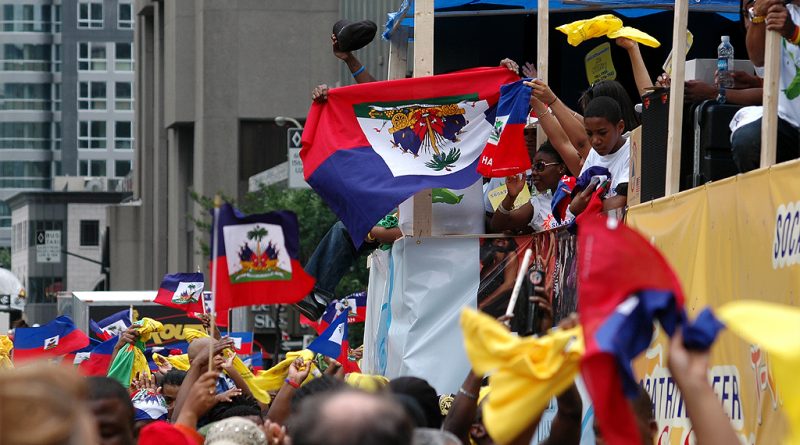Politician Killed in Apparent Gang Attack in Haiti
María Elena Lugo
Staff Writer
On Friday, October 28, a Haitian politician killed upon arrival as his suburban home in the capital, Port-au-Prince. Éric Jean-Baptiste was a left-wing candidate in the 2016 presidential race who ran under the minor party Rally of Progressive National Democrats Party (RNDP), according to The Washington Post.
Baptiste, who owned the growing Haitian lottery giant Père Eternel, was killed alongside his bodyguard in the of Laboule, says The Associated Press. The Haitian Times highlighted that this weekend the same city also saw the death of journalist Romelo Vilsaint on Oct. 30. The deputy spokesman of the National Police of Haiti (PNH), Garry Desrosiers, confirmed the deaths but declined to give additional information about the murders.
These areas are near the luxurious neighborhoods that house unsolved cases. The nearby Pèlerin 5 neighborhood is where former President Jovenel Moïse was attacked in the middle of the night on July 17, 2021. The year following, the head of the Port-au-Prince Bar Association Monferrier Dorval was killed in his driveway. Even more recently in August is when Yvon Buissereth, a former senator who worked for the Ministry of Social Affairs and Labor, was also killed in Laboule 12.
The nation that was once the wealthiest in the Americas, now suffers from debt, violence, and political unrest following Moïse’s assassination. His presidency became infamous for fraud allegations and his assassination. According to Haitian Times, Prime Minister Ariel Henry claimed that he could not lower subsidies on fuel because it would take away from social programs like schooling. In rebellion, Jimmy Chérzier, former Haitian National Police officer and one of Haiti’s most powerful gang leaders, effectively blocked the entrance of a primary fuel terminal in the capital Port-au-Prince.
Nicknamed “Barbecue,” Chérzier managed to gain power in 2020 by creating an alliance with nine gangs. Today the alliance has since grown and is known as G9 Family and Allies. Since September, the G9 has maintained their block of the Varreux fuel terminal. They refused to leave until Prime Minister Henry stepped down. Since Haiti requested foreign troop deployment, Chérizier said he was seeking amnesty and the removal of warrants for himself and his allies, says PBS Newshour. According to Reuters, the United Nations is contemplating a strike force mission to confront gangs and reopen the terminal amid a cholera outbreak, scarcity of fuel and water, and families not being able to leave their homes in fear of violence.
In Laboule 12, specifically where Jean-Baptiste was shot in the capital, there are two rivaling gangs unrelated to the G9 that have been fighting over land. Both groups circulate primarily by foot and have been active for the past two years. Gang violence has killed many in Haiti, with Jean-Baptiste being just the most recent in a series of death, the Miami Herald explains.
Even though Ti Makak, one of the two major gangs, is not directly tied to the fuel blockade, its swift rise illustrates how Haiti’s gangs can evolve from random thieves to violent militias capable of disrupting the rule of law. Furthermore, it demonstrates how gangs have expanded their power since the 2021 assassination of President Moïse, and the difficulties Prime Minister Henry faces in restoring order.
Image courtesy of Caribb, Flickr

